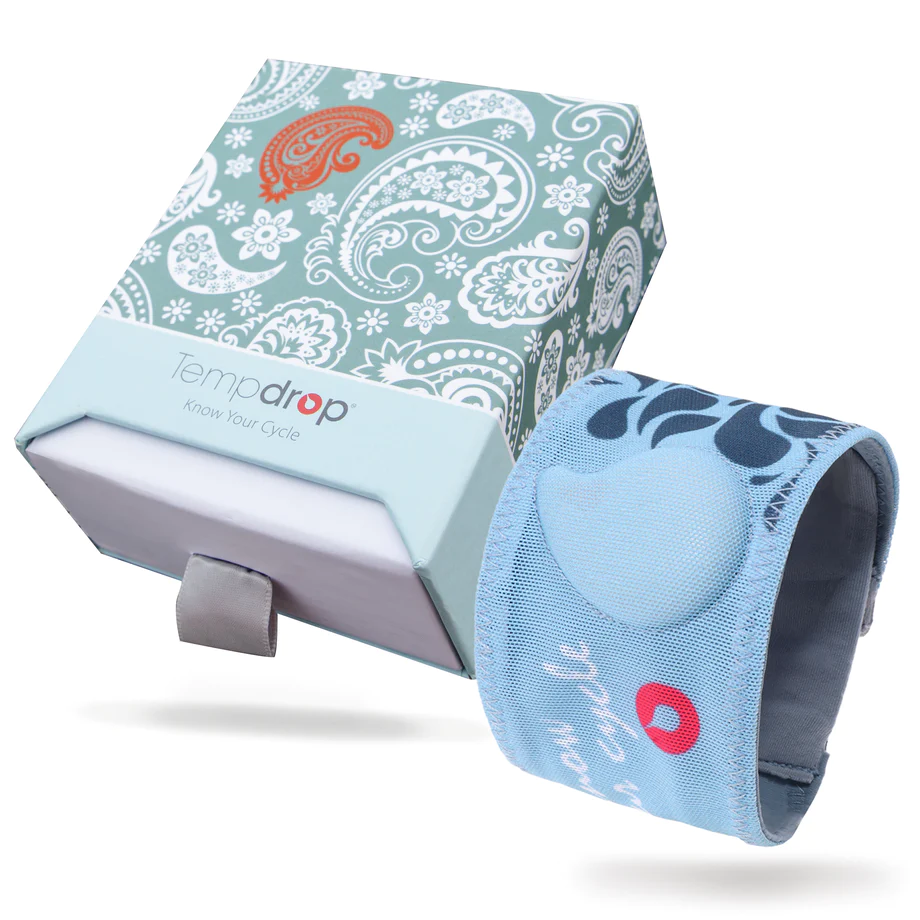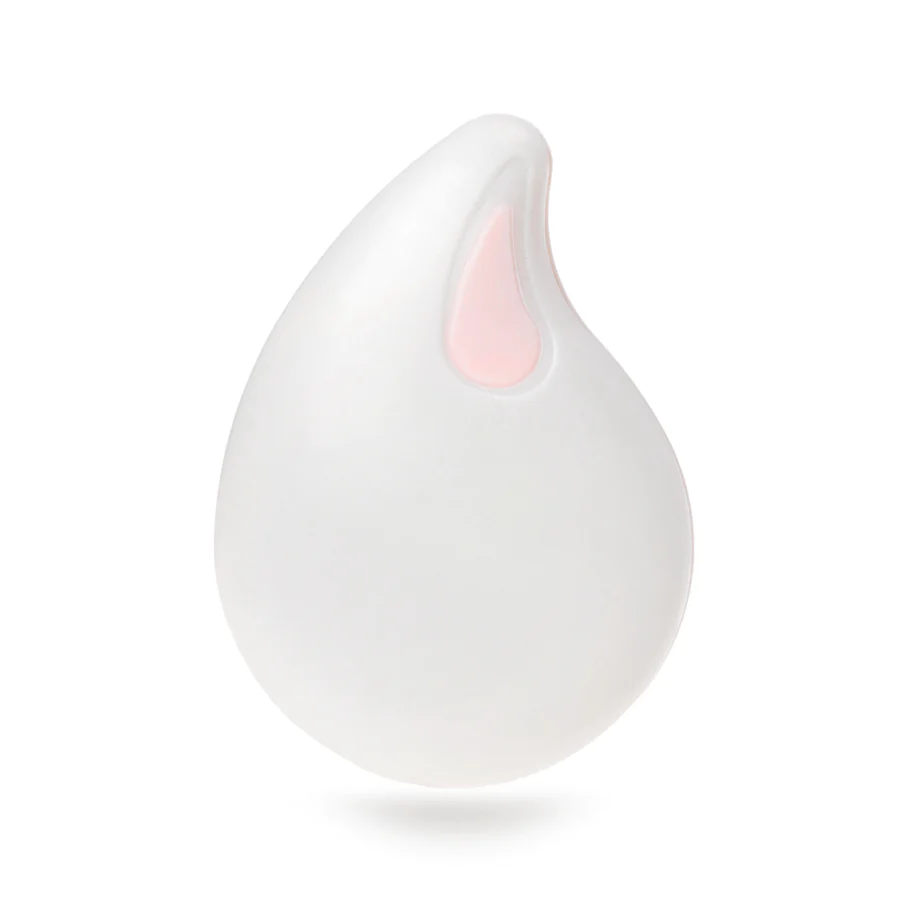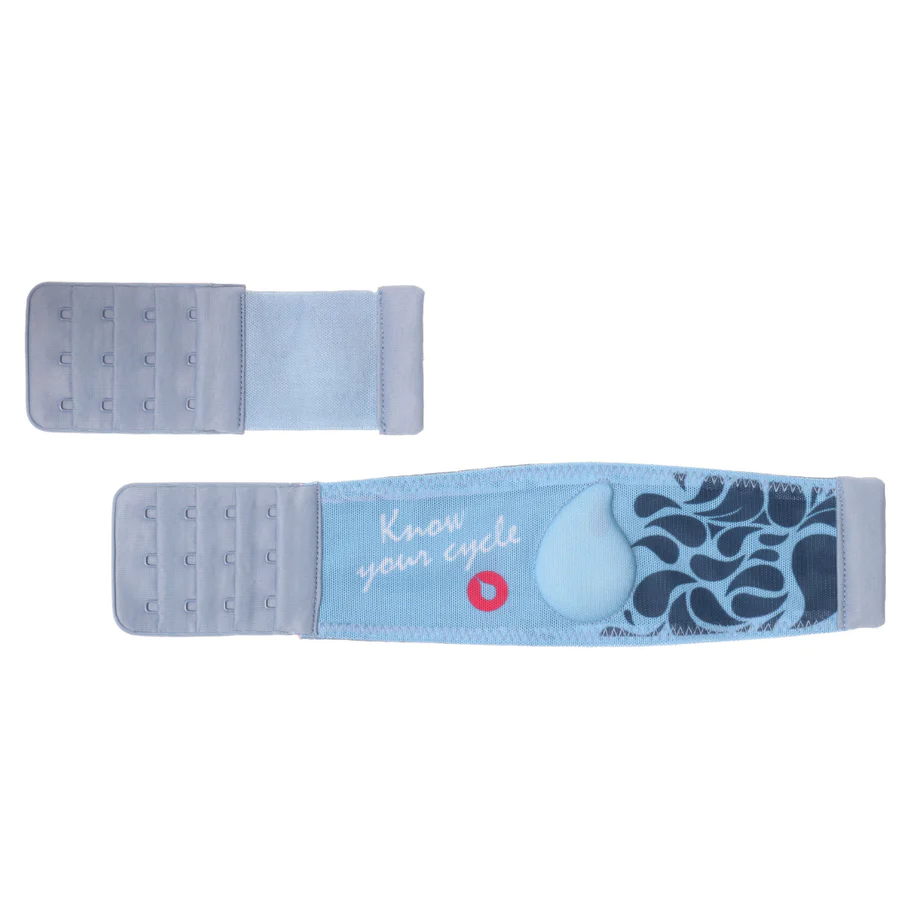Prepping for Pregnancy After 35: 8 Expert Tips for a Smooth Journey
Get your body ready for pregnancy with preconception planning
Published November 3, 2023.

In media, you often see things that may concern or frighten you if you're trying to conceive after 35. While I'm not a big fan of scare tactics, you should be aware of some factors if you're on this road.
- Egg quality starts to decrease by the age of 35.
- You have a higher chance of developing other health concerns like gestational diabetes.
- You may enter perimenopause, which causes a short or irregular pre-ovulatory phase.
- Some healthcare providers may increase your pregnancy risk score once you turn 35.
Once you understand these different factors, you can dedicate some effort to preparing for your pregnancy to give yourself the best chance for a successful, healthy pregnancy.
8 Expert Tips for Planning Pregnancy After 35
1. Preconception health assessment
2. Optimal nutrition and lifestyle
3. Tracking your menstrual cycle
4. Fertility preservation options
5. Emotional well-being and support
6. Genetic counseling and screening
7. Comprehensive prenatal care
8. Financial planning
1. Preconception Health Assessment
One of the most common questions among older women looking to conceive is: how old is too old to have a baby? Until you're menopausal, you're not necessarily too old. The practical side of the question is more individual. You may feel you're past the point of parenthood because of financial, social, or other aspects of your life.
Consult your physician and talk about your specific situation. He'll do a comprehensive health evaluation using your medical history and possibly genetic testing. A professional healthcare examination can help you address any concerns early and directly to have the best chances for a healthy pregnancy.
How to prepare for pregnancy after 35
I always recommend the book It Starts with the egg for people experiencing infertility. It has recommendations on optimizing the egg and sperm quality for conception.
» Learn more about how your menstrual cycle changes over time
2. Optimal Nutrition and Lifestyle
As you get older, start taking a preconception vitamin and exercise regularly. The supplement can be the same as the one you intend to take when pregnant. As the bare minimum, it should include folate, iron, vitamin A, and zinc.
How to boost fertility in your 30s
Include more fish low in mercury in your diet. Eat more whole foods, eggs, and healthy starches. Start exercising regularly. The workout can be as simple as a 30-45 minute walk four to five times weekly.
3. Tracking Your Menstrual Cycle
The transition to menopause (Perimenopause) can cause a variable cycle. It can make it difficult for you to conceive, as your body naturally ends its reproductive years.
Cycle tracking can be invaluable for conception if you're older than 35. Tempdrop can help you track your symptoms, verify ovulation, and learn about your menstrual phases. Cycle biomarkers in fertility awareness charting can also give you a better chance at conceiving since some signs indicate impending ovulation, and others confirm ovulation.
» Read Tempdrop's fertility tracker review by Dr. Mona Wiggins
4. Fertility Preservation Options
If you're in your 30s or 40s and want a baby but aren't quite ready yet, you may want to look into fertility preservation options.
The process involves a fertility specialist who freezes your egg or embryo. The procedure can also be helpful if you're undergoing medical treatments that may affect fertility or are likely to contract certain diseases or disorders.
If you're interested in fertility preservation procedures, you should consult a specialist first.
5. Emotional Well-Being and Support
Trying to get pregnant can cause a lot of stress, and researching the topic online can only make matters worse in some cases. I recommend focusing on what you know rather than what could be.
You can also try meditation, talk therapy, and prenatal massage. Remember that emotional health is essential throughout preconception, pregnancy, and postpartum.
6. Genetic Counseling and Screening
One of the biggest concerns of advanced maternal age is genetic deviance—and many women choose to go through genetic counseling and screening before pregnancy. The evaluation helps you determine your specific risks so you can minimize them.
Many providers have begun asking about these as non-invasive testing techniques have evolved, but you can always ask your provider if they don't bring it up.
7. Comprehensive Prenatal Care
Prenatal care is the most crucial factor in decreasing risk factors throughout pregnancy. It includes regular check-ups, bloodwork, screening, and advanced testing. I often tell my clients that the right healthcare provider is the one you trust to care for you and your baby.
8. Financial Planning
There are some potentially added costs with pregnancy as you age, so budgeting and saving are very beneficial when planning for a pregnancy—though that's true of pregnancy at any age.
Some expenses to consider are:
- Pre- and postnatal care
- Childbirth
- Childcare
- Medical expenses
Embarking on Your Pregnancy Journey After 35
There are a lot of things that you can do to help you have a successful pregnancy journey after the age of 35. Focus on nutrition, lifestyle, preconception, and prenatal care to have the best experience possible. By planning and incorporating these changes sooner, you can have a smoother journey.












